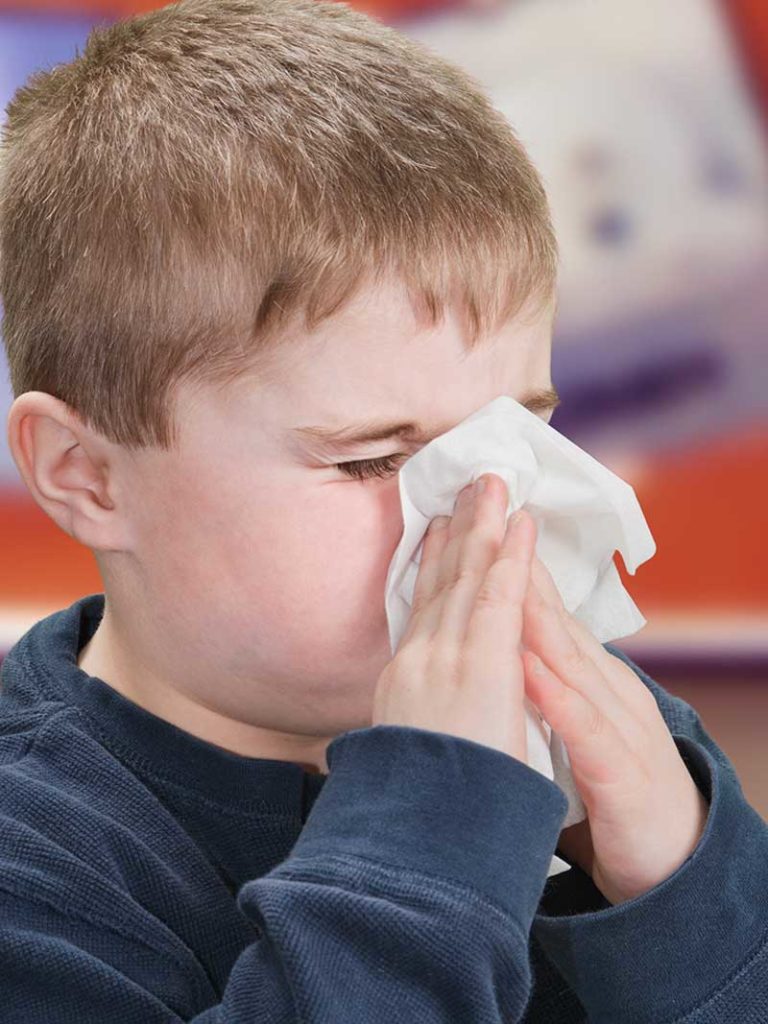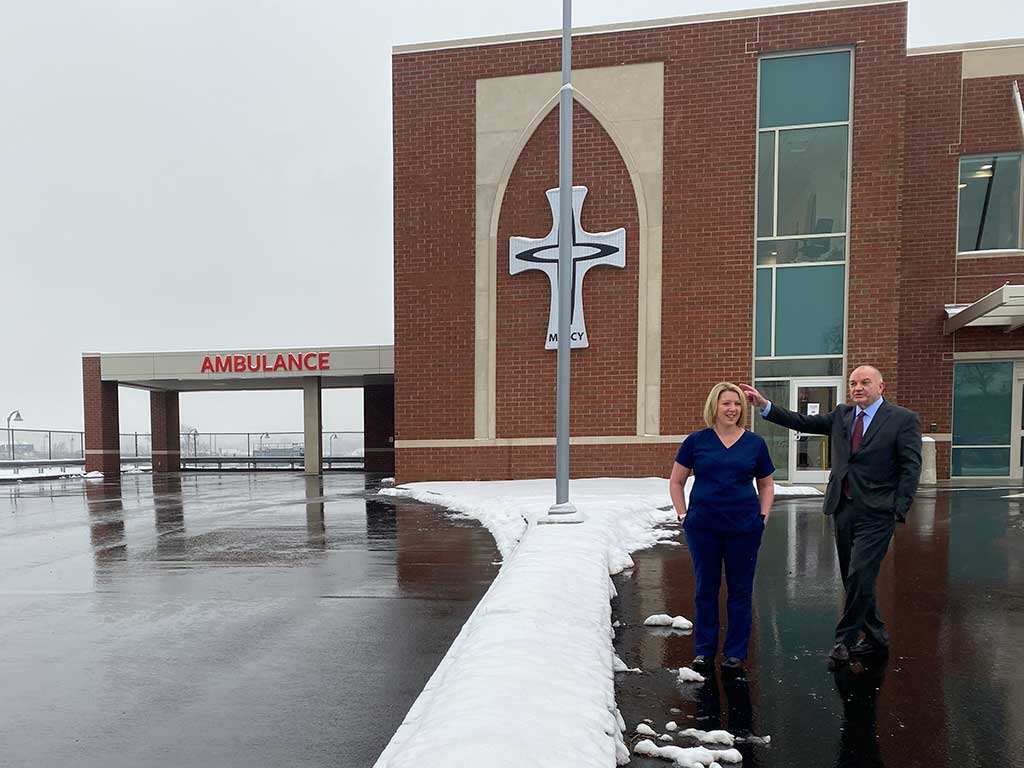WHAT YOU NEED TO KNOW
Preparing for the Cold and Flu Season
by Dr. Regina Y. Kim, MD
As students in Maine go back to school, they’ll load up their backpacks to greet new classmates and teachers. While germs and viruses are far from their minds, the reality is that students’ exposure to catching a cold or flu is increased in a school setting.
This time for fun and learning shouldn’t be overshadowed, but it’s important for us all to arm ourselves with basic information that could help our families stay healthy.
The Symptoms
A common cold can start with any of the hundreds of strains of rhinoviruses, which cause the greatest number of colds in children and adults. The common cold is a constellation of symptoms, including a variety of the following: sore throat, nasal congestion, runny nose, sneezing and cough.
Children can average anywhere between 8 to 12 colds in one year, however each cold is usually caused by a different strain of virus. On average, adults will suffer with 2-3 colds per year. While many people assume that colds can be treated with antibiotics, it’s important to know that viruses do not respond to antibiotics. This is a significant misconception shared by most parents of school-aged children. The education of viral infections versus bacterial infections starts with your family doctor or primary care provider.
Prevention is Key
Ultimately, the key to staying healthy is prevention – specifically, preventing the transmission of the many viruses that can cause the common cold in children and adults. Many of the most effective prevention methods may seem like common sense, but they are worth reviewing and remembering as we prepare to enter cold and flu season.
Wash Your Hands
One of the most basic steps we can take is to frequently wash our hands and to avoid touching our mouth, eyes and nose if we haven’t hand washed recently. We should also remember to cough and sneeze into our elbow – not our hands, which can spread colds and flus. We can use hand sanitizer when appropriate and anti-bacterial wipes on potentially contaminated surfaces in schools. And as parents, we can keep sick children at home.
Get a Flu Shot
While these methods will all help, the single most important prevention method is getting the flu vaccine this fall. All of Mercy Primary Care, Express Care, and hospital locations offer the flu vaccine to patients, employees and family members. Getting yours soon and following these prevention tips will help reduce the severity of this year’s cold and flu season.
Dr. Regina Y. Kim
Dr. Kim practices family medicine at Mercy’s West Falmouth Primary Care on 75 Gray Road in Falmouth, Maine.







